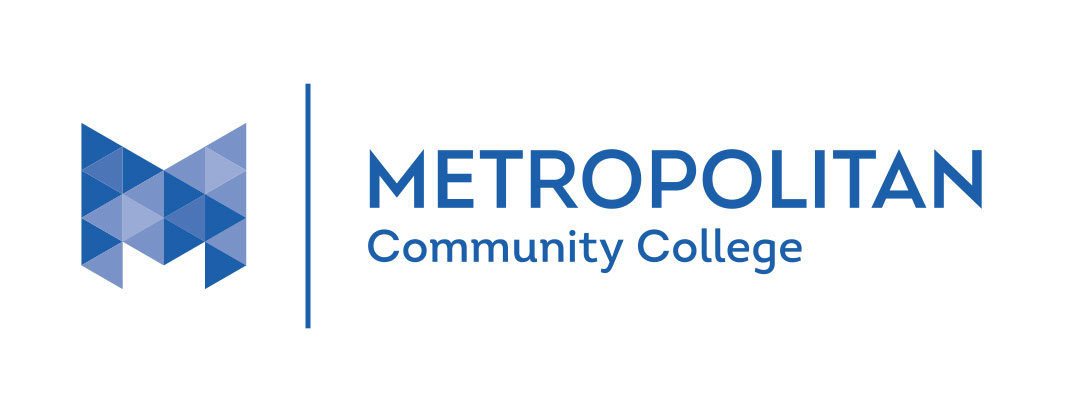Academics
Academics is at the heart of the MCC mission. The world around us is changing as individuals, organizations and cities work to change systems and processes to make them less harmful to the environment and humans. At MCC, our goal is to increase education on sustainability issues so that our students are prepared and equipped to tackle the sustainability challenges of today and the future.

